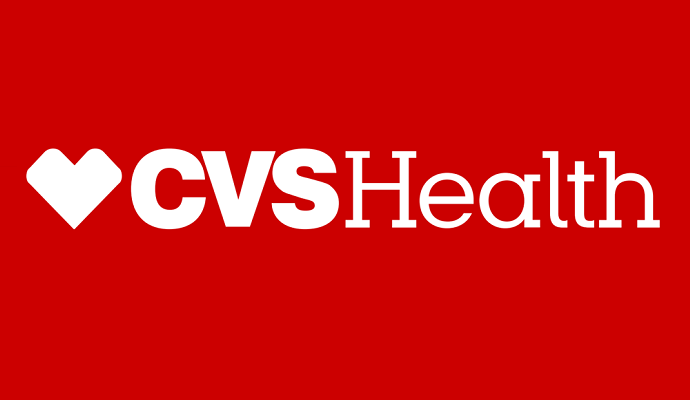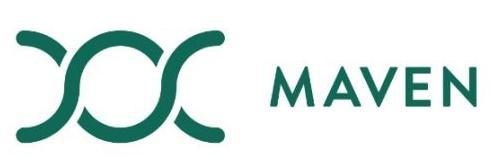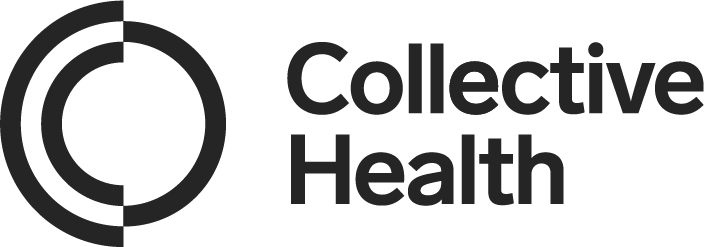
[Editor’s note: Future of Behavioral and Mental Health with BetterHelp, Headspace, Ginger.io, Providence Hospitals, UnitedHealthcare Optum, Khosla Ventures, Oak HC/FT and more has become 3 virtual conferences and one live event pushed out to May 27! Register one time for all 4 events! REGISTER. Also, during this stressful time use the code “vator” for 50% off BetterHelp online therapy for 3 months!]
As the coronavirus becomes and ever more serious problem, and one that is becoming a major disrupter in all our lives (I just found out I’m being quarantined for three weeks! Fun!) it becomes more imperative that we actually understand what the virus is and what to do if we think we have it.
There have been a lot of comparisons between what’s happening now and the Spanish Flu in 1918, which killed over 20 million people. Obviously there’s a lot of differences between now and 100 years ago, not only in advanced in medicine but also in the technology we now have to help keep ourselves informed.
We have websites and app that can tell us how to avoid the virus, how to know if we may have it and where to go if we get it. We also have a whole rash of companies that were created specifically for these types of situations and which are designed to help us through. That won’t cure the virus, but it should at least mitigate some of the damage.
Here’s what some of the major healthtech companies are doing to help during the coronavirus crisis:
 Alphabet/Verily
Alphabet/Verily
After some back and forth, and some miscommunication, between Alphabet and the Trump administration about what exactly what being built and by who, Verily, the company’s life sciences division, launched its coronavirus screening website on Monday.
The COVID-19 Program, as it is called, is a collaboration between Verily’s Project Baseline and the state of California to expand access to COVID-19 screening and testing in areas with a high volume of known cases.
To get tested, the patient has to have a Google account, and they also need to sign a public health authorization form so that information can be collected by Project Baseline for the screening; that includes information about their health and symptoms. Based on screener and testing appointment availability, the patient be told if they qualify for free testing and where they can get it done. Once tested, the patient will then be informed via email of their test results.
So far the site is only available for people who live in Santa Clara County and San Mateo County.
 Oscar
Oscar
Insurance company Oscar launched its own testing center locator for coronavirus in the U.S. last week, along with its own at-home risk assessment survey. The company started out with 100 centers where people can go get tested.
The survey is available for people who both do and do not have an Oscar membership; it asks questions such as if you have been near someone with the virus, if they have traveled internationally in the last two weeks and if the person has any chronic medical conditions.
If the survey does find that the patient is potentially at risk and should be tested, Oscar will take them to the testing center locator to find a center and get instructions for their visit, which will be free for members. Members will also be able to speak to a doctor about their results through Oscar’s telemedicine solution for free to discuss things like symptoms, risks and prescriptions and more.
Those who are found to not be at eisk will get a personalized guide which includes recommendations on how to reduce the risk of contracting coronavirus.
The company also has a dedicated coronavirus page, which includes links to the CDC and local health department contacts.
 Doctor on Demand
Doctor on Demand
Telemedicine platform Doctor on Demand has created its own assessment tool for patients which it says should only take two minutes to fill out.
Questions include:
- Do you have a cough or shortness of breath?
- Do you have a fever?
- Have you traveled within 14 days of symptom onset?
- Are you over the age of 65?
- Do you have a history of diabetes?
- Do you have a history of decreased immunity?
If the patient is thought to be at risk, Doctor on Demand will allow the patient to click a link and be connected to a doctor.
The company is also providing additional information on its website, including frequently asked questions about the disease.
 CVS Health
CVS Health
CVS Health, which bought Aetna in 2018, is waiving co-pays for coronavirus testing, as well as making telemedicine visits for any reason free for the next 90 days. The company also announced that it will waive charges for home delivery of prescription medications, and that Aetna will offer 90-day maintenance medication prescriptions for insured and Medicare members.
In addition, CVS Health and MinuteClinic are working with local health departments; when a patient comes in who is showing symptoms of a lower-respiratory tract illness, such as coughing or shortness of breath, they are asked about their recent travel history and other risk factors to determine their risk of exposure to COVID-19. Patients may then be referred to higher levels of care.
The CVS Health Emergency Response & Resiliency Team and Infectious Disease Response Teams are currently collaborating working with external public health organizations and other stakeholders, including the Centers for Disease Control and Prevention (CDC), to help boost awareness of what the company is doing.
 Maven
Maven
Maven, a healthcare platform for women and families, is providing its members with access to specific providers so they can connect to them virtually. There is a “Coronavirus Support” option under Get Care in the Maven app.
The company is also providing a webinar on coronavirus, pregnancy, and fertility featuring Maven Founder and CEO Kate Ryder, along with Dr. Brian Levine, Reproductive Endocrinologist and founding partner of CCRM, and Dr. Jane van Dis, OB-GYN and Medical Director.
Members are also provided with information about coronavirus and how it may affect pregnancy.
 Collective Health
Collective Health
Online insurance solution Collective Health said that it’s ensuring that its members’ health plans cover medical evaluation, as well as testing and treatment. There are no prior authorizations required for COVID-19 diagnostic testing.
The company will also be making sure that its Member Advocates will be able to assist patients with inquiries or concerns specific to COVID-19, including helping them find a provider who can recommend testing. Collective Health will also have its clinical support team, Collective Care, provide support to people with have symptoms or who have been exposed to the virus, as well as to get them to available testing and treatment.
Members will also get easier access to care and access to medications including free medication delivery, and extended or emergency refills for eligible members.
Collective Health also works with employers, helping them provide the most accurate and up to date information to employers, and to make sure that employers are using their plans to get treatment and testing. It has also designed new benefits policies that encourage members to visit their doctor for coronavirus evaluation. Bright Health
Bright Health
Health insurance provider Bright Health is making coronavirus tests and office visits free to members, as they are covered as preventive care. It also also allowing members who might be impacted to refill their medications early and making non-emergency transportation available, while waiving ride limits for non-emergency visits to and from the doctor.
In addition, all telehealth services connected with coronavirus testing and diagnosis are now covered at no cost.
The company is also providing additional information about the virus, how it’s spread, how to prevent it and whether or not a person needs to see a doctor, in both English and Spanish.
![]() Carbon Health
Carbon Health
Carbon Health, a platform that combines a mobile app with a network of doctors and clinics, has built its own free Assessment Tool. Based on the answers given, the tool will refer the patient to a clinician to help. If necessary, Carbon will also follow up with the patient daily over the next 14 days via its app, to assess their risk, and to update them.
The company is also collecting coronavirus samples in all of its locations in the Bay Area and LA. It has also waived all fees for coronavirus related virtual visits.
Next, the company says it planning to build a database of testing centers in California, and to expand its testing capacity. Finally, it will cap out of pocket costs in its clinics for uninsured patients.
(Image source: noreste.net)



















